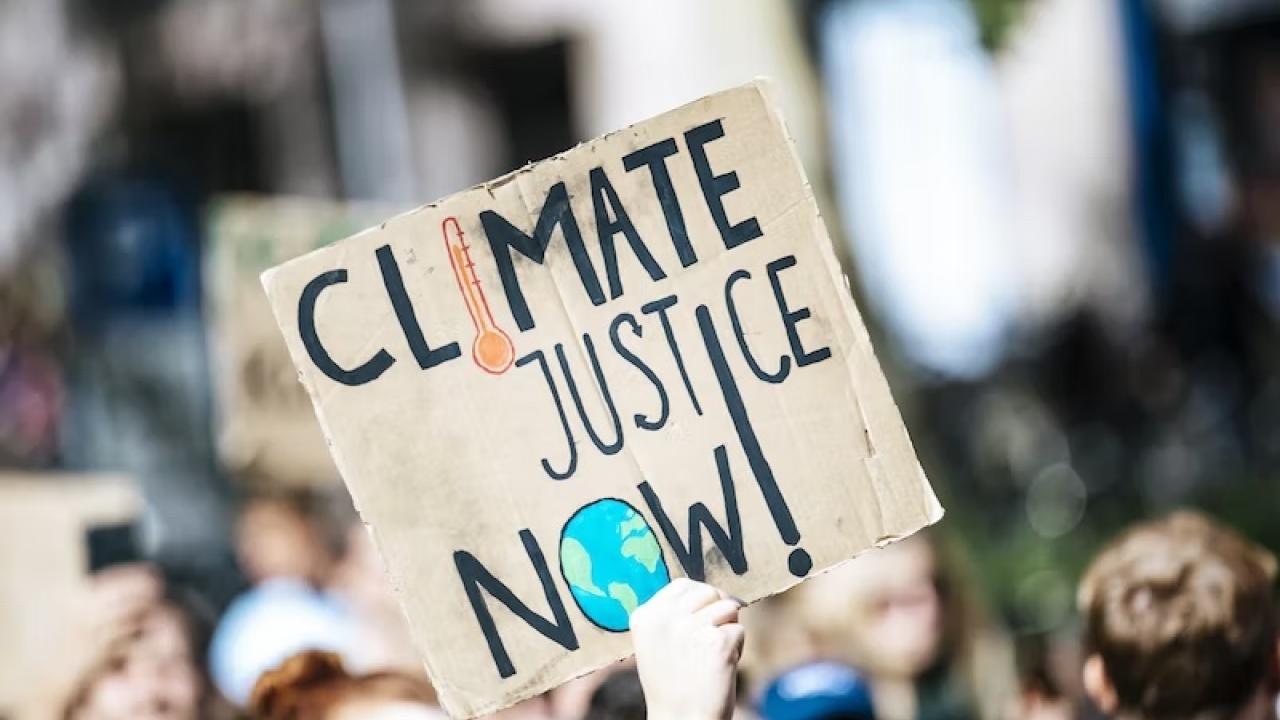
NEW JOURNAL ARTICLE ALERT: Translating and embedding equity-thinking into climate adaptation: an analysis of US cities
New research, "Translating and embedding equity-thinking into climate adaptation: an analysis of US cities," published in Regional Environmental Change.
Cities increasingly recognize the importance of furthering social equity in their climate adaptation planning. Such efforts are often in response to grassroots mobilizations, yet it is not clear to what extent they translate into urban coalitions, policy designs, and implementation efforts within city governments. In this paper, we respond to this knowledge gap by assessing how equity-thinking is translated into cities’ adaptation decision-making and governance arrangements, especially in ways that can lead to more inclusive and just climate adaptation outcomes for historically marginalized communities. We analyze adaptation plans for the 25 largest US cities using deductive and inductive coding strategies to uncover the ideas, rhetoric, and processes that guide equitable plans. We then map these outcomes of equity-thinking across procedural, distributive, and recognitional categories. Our analysis lends support to the operation of two social constructivist mechanisms of equity-thinking in adaptation planning—namely ideology and recognition. In an ideology-driven pathway, where beliefs are shared, adaptation efforts are mobilized through local actors and within public agencies who decide on the appropriateness of social equity definitions. Recognition-driven pathways occur when climate equity rhetoric is reflected and normalized through adaptation planning procedures, where cities strive to be early adopters of equitable climate strategies. This result therefore highlights the multiple ways urban leaders, decision-makers, and planners can have in steering policies and designing different planning and implementation processes.
- Cannon, C., Chu, E., Natekal, A. et al. Translating and embedding equity-thinking into climate adaptation: an analysis of US cities. Reg Environ Change 23, 30 (2023). https://doi.org/10.1007/s10113-023-02025-2